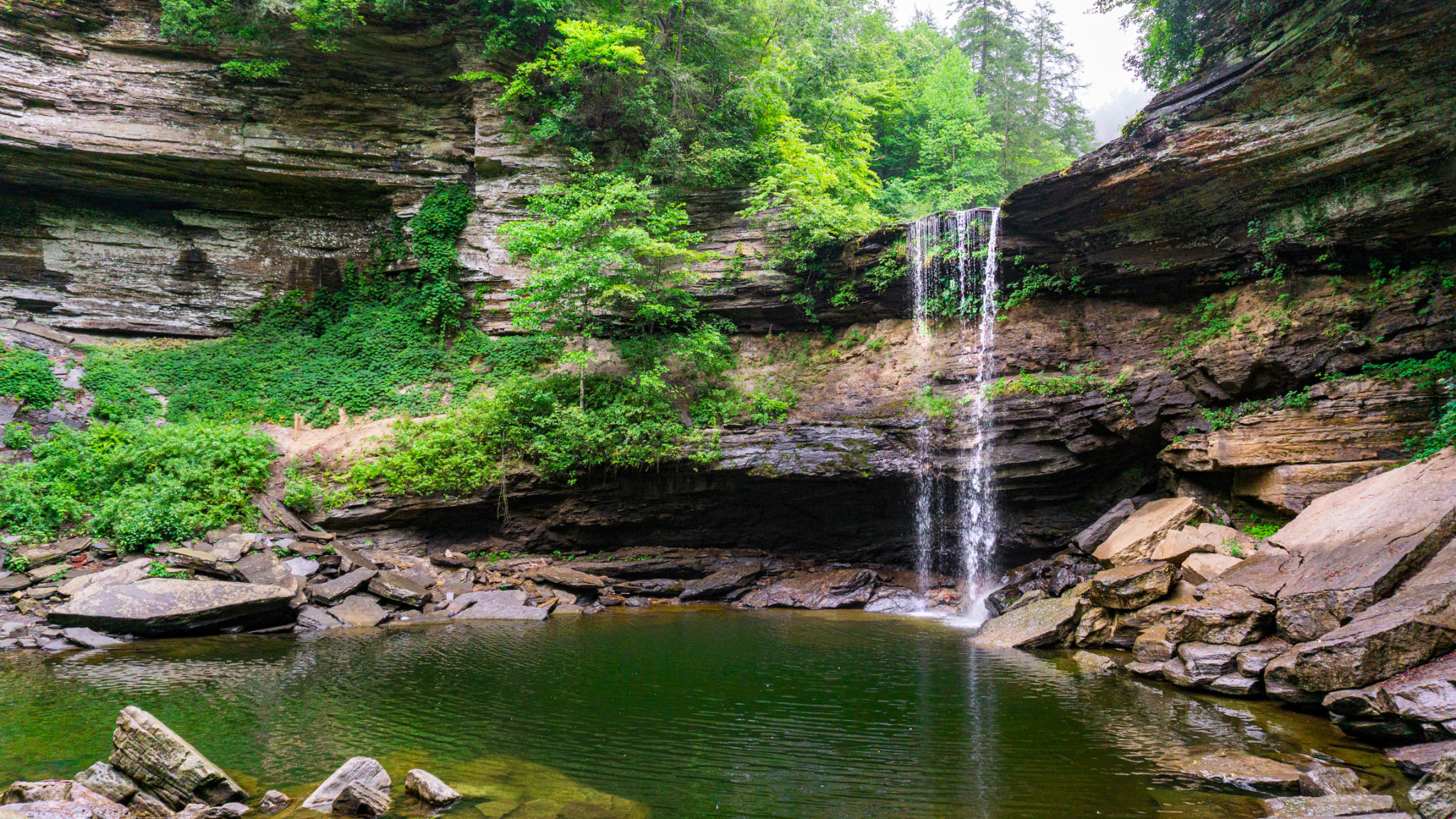Environmental Challenges Facing Tribal Lands in Tennessee: An Expert's Perspective
Understanding the Environmental Challenges
The tribal lands in Tennessee face a unique set of environmental challenges that require immediate attention and action. These lands, rich in cultural heritage and biodiversity, are increasingly threatened by modern developments and changing climatic conditions. This post explores these issues from an expert's perspective, shedding light on the urgent need for sustainable solutions.

Impact of Industrial Development
One of the primary challenges is the encroachment of industrial activities. The expansion of industries often leads to deforestation, habitat loss, and pollution, all of which severely impact the ecological balance. Industrial pollution can contaminate water sources, affecting both humans and wildlife that depend on these resources.
Moreover, noise and air pollution from industrial activities can disrupt the tranquility and purity of tribal lands. These disruptions not only affect the natural environment but also the cultural practices that have been carried out for generations.
Climate Change and Its Effects
Climate change is another significant challenge facing tribal lands in Tennessee. Rising temperatures and changing weather patterns can lead to droughts, floods, and other extreme weather events. These changes can devastate local agriculture, which many tribes rely on for their livelihoods.
Additionally, shifts in climate can alter ecosystems, forcing species to migrate or face extinction. This loss of biodiversity can have far-reaching implications for the entire region, affecting everything from food security to cultural traditions.

Resource Exploitation and Management
The extraction of natural resources, such as minerals or timber, poses another threat to tribal lands. Unsustainable practices not only deplete these resources but also cause significant environmental degradation. Effective resource management is crucial to ensuring that these lands remain viable for future generations.
Tribal communities often possess a deep understanding of their environment and traditional ecological knowledge that can play a vital role in sustainable resource management. However, integrating this knowledge with modern practices requires collaboration and mutual respect between tribes and governmental agencies.
The Role of Legislation and Policy
Legislation plays a critical role in protecting tribal lands from environmental harm. Policies need to be put in place to regulate industrial activities, enforce environmental protection standards, and preserve the natural resources on which these communities depend. However, existing laws may not always be adequately enforced or may lack the specificity needed to address the unique circumstances of tribal lands.

Strengthening these regulations and ensuring active tribal participation in policy-making processes is essential for effective environmental governance. Initiatives that empower tribes to take charge of their environmental destiny can lead to more sustainable outcomes.
Seeking Sustainable Solutions
The path forward involves adopting sustainable practices that balance development with conservation. This includes investing in renewable energy sources, promoting eco-friendly agricultural practices, and encouraging community-led conservation efforts.
Collaborative initiatives between tribal communities, government agencies, and environmental organizations can pave the way for innovative solutions that respect both cultural heritage and ecological integrity. By working together, it's possible to create a sustainable future for tribal lands in Tennessee that honors the past while embracing progress.